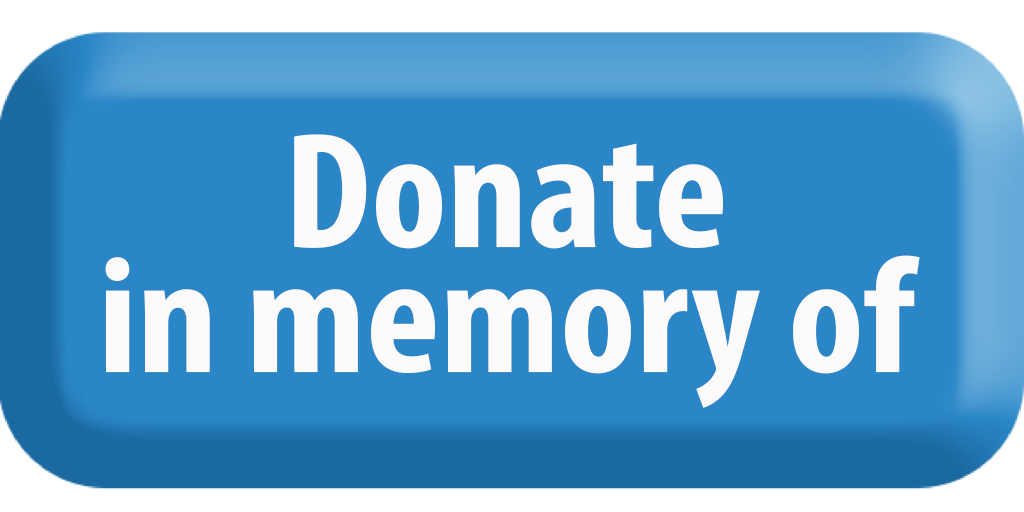Dear Hope Nation,
Writers should write what they know is an old truism, one I often don’t follow, not because I’m trying to be contrary—although I probably am—but because I don’t know a lot of stuff. I mean, my brain is filled with facts and factoids, trivia and twice-told tales, but of real knowledgs it’s pretty empty. (Readers wishing to avoid a discussion of an example of my limited knowledge and understanding of the world, are directed to the last paragraph, which contains a message of recovery. You have been warned!)
Let us consider baseball. (Like almost all men of an earlier age, everything comes down to baseball, much as almost all comment-driven internet flame wars devolve to Hitler.) (The previous sentence is an example of my lack of knowledge—I almost never read comment threads unless I’m looking for a specific piece of information. I have read this Nazi nugget is so; therefore, it is so.) Back to baseball.
Off the top of my head, I can name the starting infields of most American League teams of the 1968-72 era. I can identify Hoss Radburn, Eppa Rixey and Lon Warneke. I can tell you when the pitcher’s mound was lowered, the season expanded to 162 games and the designated-hitter travesty introduced. Likewise, I can develop an argument that Pedro Martinez from 1998-2002 was not just better than Sandy Koufax from 1962-1966, but significantly better, or that Jim Rice should not be in the Hall of Fame while Ron Santo should. (The angered reader should look at the relative strengths of league-wide hitting and pitching during all these eras before sending me an angry email.) (Unless she or he wants to simply call me a Nazi stooge in the comment section and be done with it.)

When it comes to baseball literature as well, I can more than hold my own. From You Know Me, Al, to Catcher with a Glass Arm, to Ball Four to the undeservedly-ignored The Great American Novel, I’ve read a lot. Throw in the dozens upon dozens of baseball biographies I read as a kid (Ken Harrelson, after one good year, had an “as-told-to” autobiography out before 1969 spring training began. Think about that.), and my consumption of baseball books numbers in the hundreds.
I’d like to tell you I was a great baseball player. I like to be honest though. I was not a great baseball player—in reality, that is. I haven’t played the game in more than 40 years—and then I was a fair-hitting catcher with speed, a lot of enthusiasm and hustle, and a woefully inadequate arm. “Catcher with speed” may be the most damning scouting report imaginable, since defensively catchers almost never ever run. It’s like trying to sell a dune buggy based on its ability in the snow. A feature, perhaps, but not one to close the deal. Still, I was a fast and aggressive baserunner, built more like a second baseman than a catcher, with the arm strength of a second baseman and the scrappy hitting of a second baseman. Except I was a catcher.
Despite my ability to talk baseball, I don’t know the sport the way a regular player does. Anyone who’s played ball beyond Babe Ruth League, where I topped out as the second-best catcher in a town of only 10,000 residents, or has played more recently than the mid-70’s, knows, really knows the game, in the same way a carpenter knows a chair in a way the Platonist can only imagine. Of course, that’s kind of Plato’s point. And mine.
Like Plato’s ideal chair, non-existent but real, more real in some untrue sense than any flesh-and-blood chair. (“Flesh-and-blood chair,” of course, is built of leftover body parts and fluids left behind by Dr. Frankenstein. But I digress.) The wood-and-nails chair can be sat on, but the Platonic chair can be meditated upon. I know very little about very much and very much about very little.
On the subject of recovery, I am even more hedged in by solipsism. I know what worked for me, what I need to do to maintain my recovery. For me, meetings are essential, the gathering together with others in recovery, sharing our stories and drawing from a common supply of hope. Likewise, I need some kind of spiritual life—the kind that works for me. Nobody but you knows what will work for you, but any of us at Hope will work like hell to help YOU figure out your recovery path, and then walk it with you until you’re strong and stable enough to continue on your own. Recovery, your very own recovery from your very own addiction, is possible. Really and for true.
You matter. I matter. We matter.
Keith



